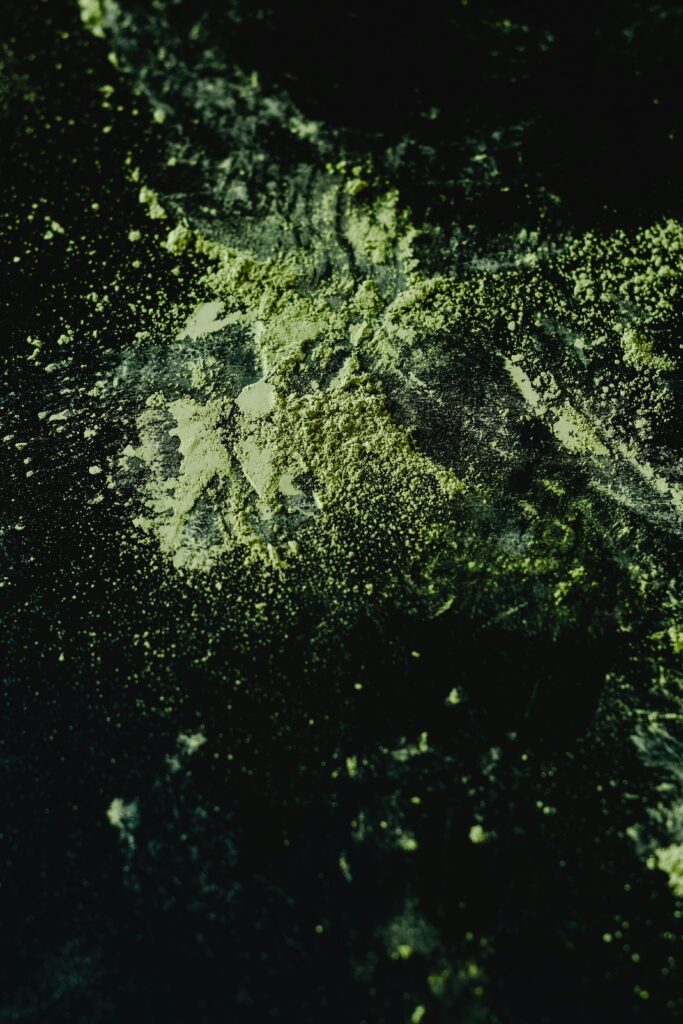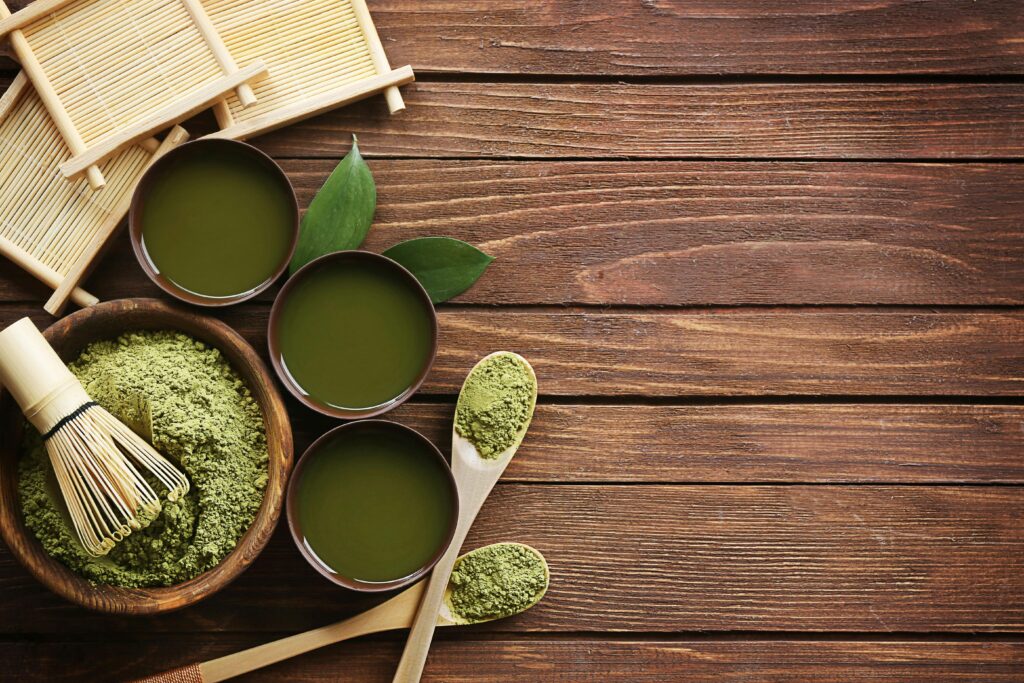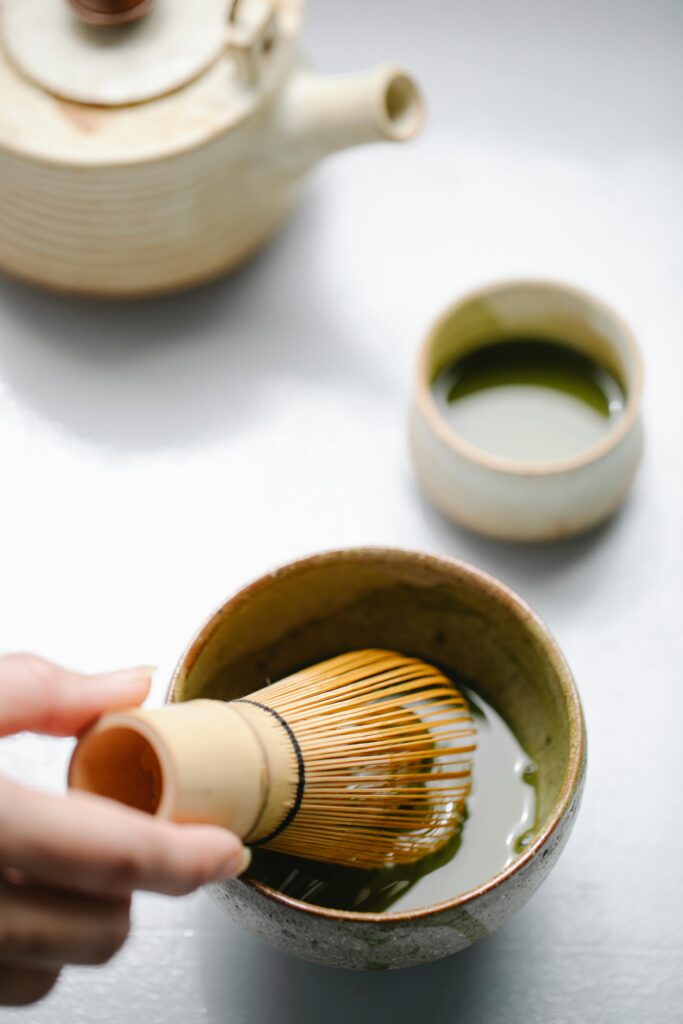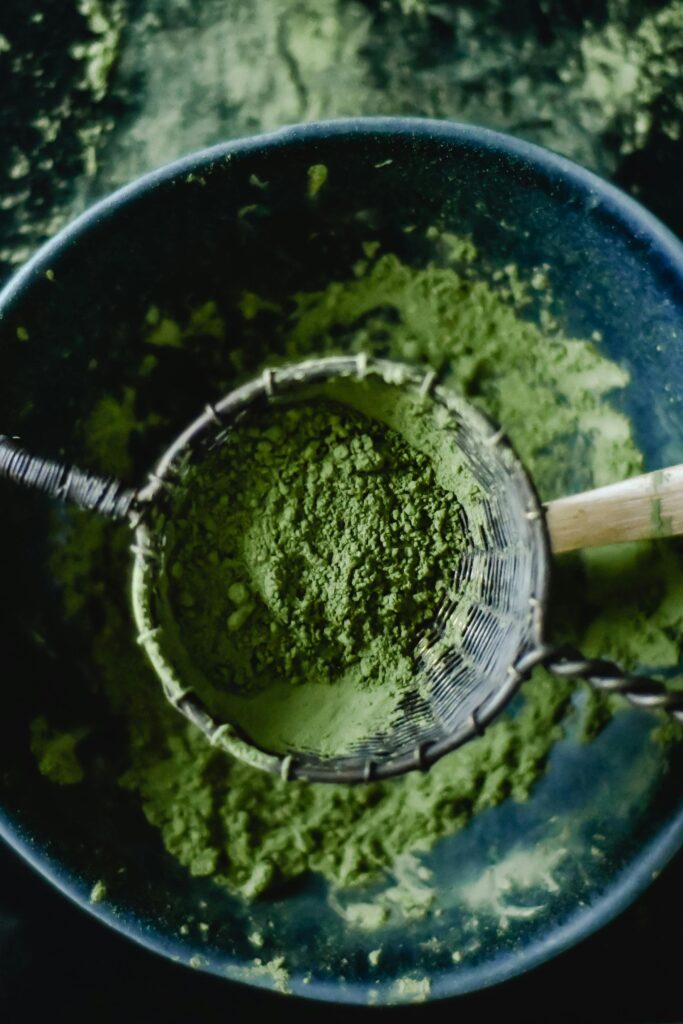Are you a Matcha seller? Join as a Vendor

Tsuen Tea represents an unbroken thread of matcha mastery stretching back to 1160, when samurai Furukawa Unai established Japan’s first tea shop along the Uji Bridge. For 24 consecutive generations, this family has safeguarded the art of tea cultivation in Uji, the birthplace of premium Japanese green tea. Their commitment to traditional craftsmanship has earned them recognition as the oldest tea house in Japan and a living cultural treasure.
Few brands can claim authenticity like Tsuen Tea. The current shop building, constructed in 1672, stands at the original location where samurai and nobility once gathered for ceremonial tea. This historic continuity isn’t just symbolic—it represents centuries of accumulated knowledge about soil conditions, harvest timing, and processing techniques that cannot be replicated.
The Uji region produces some of the world’s most sought-after matcha, and Tsuen Tea has been at the center of this tradition since before matcha ceremonies became formalized. Their teas have served imperial courts and tea masters who shaped Japanese culture.
Long before sustainability became a buzzword, Tsuen Tea practiced it as necessity. Their approach to tea cultivation emphasizes balance with nature rather than maximizing yields. Each generation learns directly from the previous one, preserving methods that maintain soil health and flavor complexity.
This philosophy extends to every aspect of their operation. The family views themselves as caretakers of tradition rather than mere producers, ensuring that techniques refined over 860 years remain intact for future generations.
Tsuen Tea’s matcha reflects the unique terroir of Uji—mineral-rich soil, morning mists from the Uji River, and optimal shade conditions. Their processing methods follow protocols established centuries ago, resulting in matcha with distinctive umami depth and natural sweetness.
When you choose Tsuen Tea, you’re accessing:
For matcha enthusiasts seeking authenticity beyond marketing claims, Tsuen Tea offers something increasingly rare: genuine heritage backed by nearly nine centuries of proven excellence. Their teas connect modern drinkers to the same traditions that defined Japanese tea culture from its earliest days.
Tsuen Tea orchestrates a sophisticated matcha experience through three distinct grades, each crafted for specific applications and flavor profiles. Their matcha selection represents centuries of refined expertise from Japan’s oldest tea shop.
Ceremonial Grade showcases vibrant jade coloring with delicate sweetness, profound umami (savory richness), and subtle bitterness. This premium grade serves traditional tea ceremony practices, specifically for koicha (thick tea) and usucha (thin tea) preparations that honor centuries-old Japanese traditions.
Premium Grade delivers rich flavor with balanced sweetness and astringency, presenting a slightly bolder profile than ceremonial grade. This versatile option works perfectly for everyday matcha lattes, smoothies, and light culinary applications where quality remains paramount.
Culinary Grade features robust, assertive flavor with less vibrant coloring and pronounced bitterness. This grade excels in baking, cooking, and ice cream applications where matcha’s distinctive presence must remain undeniable despite other ingredients.
Tsuen Tea employs time-honored granite stone mills to transform tencha (shade-grown tea leaves) into matcha powder. This deliberate, meditative process yields merely 30 grams per hour, preventing overheating that would compromise volatile aromatics and delicate flavors. The stone’s composition, grinding speed, and milling room’s microclimate all contribute to shaping the final product’s exceptional quality.
More than just a tea shop, Tsuen Tea stands as a vibrant echo of Japanese history and a sanctuary of time-honored rituals. Founded in 1160 by the samurai Furukawa Unai, this remarkable establishment represents an unbroken chain of 24 generations, earning its distinction as Japan’s oldest teashop.
The shop’s profound cultural importance became evident through imperial favor. Toyotomi Hideyoshi, recognizing the exceptional quality of Tsuen Tea, appointed the 10th and 11th generation Tsuens as official purveyors of water specifically for his tea ceremonies. This wasn’t merely about hydration—it was an imperial decree that elevated Tsuen Tea to a cornerstone of Japanese culture. Tokugawa Ieyasu’s subsequent patronage further cemented this legacy, binding the tea shop to the very foundations of Japan’s ruling class.
Tsuen Tea’s cultural impact extends far beyond commerce into the realm of Japanese art and literature. The shop serves as a protagonist in the Kyōgen farce titled “Tsuen,” enshrining it in comedic lore for centuries. Eiji Yoshikawa’s epic novel Musashi acknowledges the shop’s profound cultural weight, demonstrating how deeply Tsuen Tea has embedded itself in the Japanese psyche.
The name “Tsuen” itself—meaning “the path of the circle feeling”—hints at a profound Zen Buddhist undercurrent that permeates the shop’s philosophy. This spiritual dimension was beautifully captured by the renowned Zen monk Ikkyū Oshō, who immortalized his final meeting with the 7th-generation Tsuen teashop owner in verse: “A life, a coin, the froth on a cup of tea.” The founder’s eventual monastic turn and Ikkyū’s Zen-infused poetry suggest that for Tsuen Tea, tea transcends mere beverage—it becomes a conduit to enlightenment, embodying Zen’s contemplative ethos.
Tsuen Tea orchestrates a complete sensory experience through their matcha offerings, with each grade representing a distinct note in a complex harmony. Their ceremonial grade displays vibrant jade coloring with delicate sweetness and profound umami, perfect for traditional tea ceremonies including both koicha (thick tea) and usucha (thin tea). The premium grade offers rich, balanced flavors ideal for modern applications, while their culinary grade provides robust, assertive flavors for baking and cooking applications.
The shop likely employs time-honored granite stone mills to transform tencha into matcha, a deliberate and almost meditative process yielding merely 30 grams per hour. This careful approach prevents overheating, preserving the tea’s volatile aromatics and delicate flavors that define exceptional matcha.
Samurai Furukawa Unai established Tsuen Tea, beginning what would become an unbroken 24-generation legacy as Japan’s oldest continuously operating teashop. The name ‘Tsuen,’ meaning ‘the path of the circle feeling,’ reflected deep Zen Buddhist philosophical undercurrents that would define the shop’s spiritual approach to tea.
Toyotomi Hideyoshi appointed the 10th and 11th generation Tsuen family members as official purveyors of water specifically for his tea ceremonies. This imperial decree elevated Tsuen Tea from a local business to a cornerstone of Japanese culture, recognizing their exceptional quality and cultural significance.
Tokugawa Ieyasu extended his patronage to Tsuen Tea, further cementing the shop’s legacy and binding it to Japan’s ruling class. This continued imperial recognition solidified Tsuen Tea’s position as an integral part of Japanese cultural and political history.
The renowned Zen monk Ikkyū Oshō immortalized his final meeting with the 7th-generation Tsuen teashop owner in a profound verse: ‘A life, a coin, the froth on a cup of tea.’ This poetic tribute highlighted the deep spiritual connection between Zen philosophy and Tsuen Tea’s approach to the tea ceremony.
Tsuen Tea became the protagonist of the Kyōgen farce titled ‘Tsuen,’ enshrining the shop in Japanese comedic theatrical tradition. This cultural recognition demonstrated how deeply the teashop had embedded itself in the Japanese artistic consciousness, transcending commercial success to achieve cultural immortality.
Find below some answers to the most common questions about Tsuen Tea.
There are no results matching your search
Click below to see the profile of a matcha brands similar to Tsuen Tea.
No results available





Join our mailing list to receive updates and exclusive tips.
There are no results matching your search